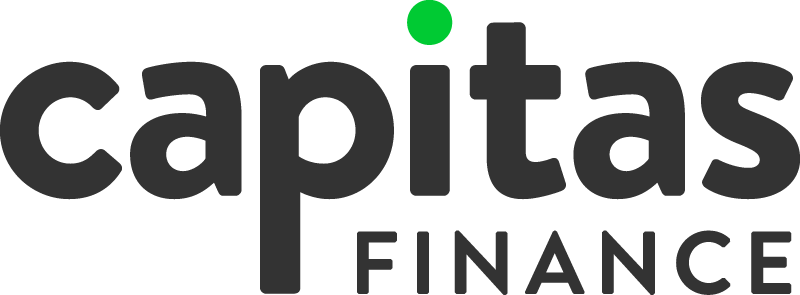Any day now, the UK government will be publishing its response to last year’s consultation on the Energy Savings Opportunity Scheme (ESOS). We don’t yet know which of the proposed changes will be adopted, but we are likely to see a fairly significant shake-up of the scheme.
One of the possibilities is that the scope of ESOS will be extended to include medium-sized businesses. As we await the details of the changes, what do medium-sized businesses need to know?
Why the scope may be widening
The point of ESOS is to encourage businesses to carry out energy efficiency measures, thereby reducing their energy consumption and associated greenhouse gas emissions. The focus so far has been on large businesses, because they tend to be high energy consumers. (The ESOS consultation document points out that in 2019, large businesses accounted for 44% of business energy use, despite making up only 0.1% of UK businesses.
However, within the category of “small and medium-sized businesses”, or SMEs, currently excluded from ESOS, there is a huge amount of variation in size, turnover and energy consumption. Medium-sized businesses, or medium-sized enterprises (MEs) are defined as those which meet two or more of the following criteria:
- Turnover of between £10.2 million and £36 million;
- Balance sheet between £5.1 million and £18 million;
- More than 50 employees but no more than 250.
MEs tend to have a much higher energy consumption per business than their small counterparts, and some may even consume more energy than the average large business already in scope of ESOS.
The point of widening the scope of the scheme is to ensure that these medium-sized energy-intensive businesses get the same benefit as their larger counterparts. One of the possible options being considered is to extend ESOS just to these high-volume users, or just to medium-sized businesses in the industry.
Opportunity: the clue is in the name
“Benefit” may seem like a strange word to apply to a mandatory reporting scheme, but this is how the government sees it. The driving force behind ESOS is to help businesses identify cost-effective measures to improve their energy efficiency. Businesses are currently under no obligation to actually carry out any of these measures, but it is compulsory to carry out a four-yearly expert audit that tells the business what the possibilities are. The focus is on changes that bring a clear return on investment, ideally in a short timeframe.
Getting a set of costed recommendations tailored to their specific needs, with the benefits clearly spelled out, was expected to be a powerful motivator for businesses to get on with it. Unfortunately, businesses have been slower to act than the government expected. Surveys carried out by the Department of Business, Energy and Industrial Strategy (BEIS) suggest that most businesses in scope of ESOS have ignored the “opportunity” part in favour of treating it as yet another onerous piece of paperwork.
Many of the measures proposed in last year’s consultation are centred around changing this attitude. Businesses may soon have to meet a specific standard in their reporting, such as the ISO 50002 standard, which would make it harder to put in the bare minimum of effort. It is also possible that businesses will have to make their ESOS reporting publicly available, which of course means having your progress scrutinised by customers, investors and the general public. Any businesses coming into scope should take ESOS seriously, in the knowledge that a half-hearted effort could affect their reputation.
Time for action
Overall, around 40% of respondents to the ESOS evaluation said that lack of funding was a barrier to following the recommendations in their audit. However, other research suggests that the issue isn’t funding per se, but a business culture that resists investment in such measures. The new models of finance for energy solutions can demolish this barrier by removing the need to justify significant capital investment. When businesses can access finance that covers the full cost of a project, including any ongoing service and maintenance costs, it opens up a space for rapid action on energy efficiency.
If the government does decide to extend the scope of ESOS to medium-sized businesses, this will not happen immediately. We are currently in Phase 3 of the scheme, which ends in December 2023, and such a change would not happen until Phase 4. But businesses of this size, particularly those in energy-intensive sectors, should not wait to be compelled by mandatory schemes before they explore measures that will benefit their bottom line as well as their carbon footprint.
Other blogs you may be interested in…
To find out how Capitas can work with you, drop us a line here.




